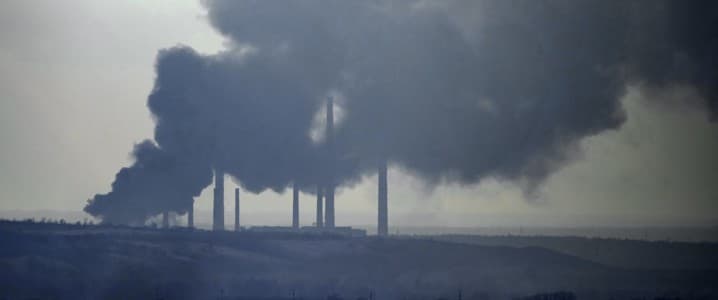A Ukrainian drone attack that halted gas processing at Russia’s Orenburg complex has underlined how deeply Kazakhstan’s energy system remains tied to Russian infrastructure. The strike, confirmed by Reuters, forced Gazprom to suspend intake from Kazakhstan’s Karachaganak field, cutting its gas output by roughly a quarter.
The Orenburg plant, one of the largest of its kind, sits at the heart of a cross-border supply chain. Gas extracted in northwest Kazakhstan flows north for processing before returning for domestic use or export. When Orenburg stops, Karachaganak’s condensate and gas production both fall, threatening more than 250,000 barrels per day of oil-equivalent output.
This arrangement gives Moscow structural leverage. By hosting the critical processing capacity and controlling several export pipelines, including the Caspian Pipeline Consortium (CPC) and the Druzhba network, Russia effectively acts as Kazakhstan’s downstream gatekeeper. Officials in Astana have sought to diversify routes toward China and across the Caspian, but the physical dependence on Russian midstream assets persists.
Russia, meanwhile, has been increasing its own gas exports to Uzbekistan through Kazakh territory, planning to boost volumes to more than seven billion cubic metres in 2025. The transit keeps Kazakhstan commercially relevant but reinforces its role as a conduit in Russia’s regional gas strategy.
The latest disruption exposes this mutual vulnerability, with Russia’s network targeted by Ukraine, while Kazakhstan’s production hinges on Russian uptime. Analysts cited by Upstream Online said any prolonged Orenburg shutdown would force Karachaganak’s partners, including Shell, Eni, Chevron, Lukoil and KazMunayGaz, to re-inject or flare excess gas, curbing oil output.
The attack marks the first instance where Ukraine’s energy-war tactics have directly constrained a non-Russian producer, revealing the fragility of Central Asia’s gas interdependence.
The strike also carries diplomatic weight. Kyiv has been courting Central Asian governments through trade and energy dialogue, portraying itself as a counterbalance to Russian dominance. By exposing vulnerabilities in the region’s dependence on Russian transit and processing systems, Ukraine reinforces its narrative that Moscow’s energy leverage can endanger neighbors as much as adversaries.
By Charles Kennedy for Oilprice.com
More Top Reads From Oilprice.com:

